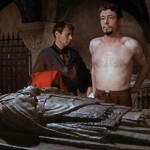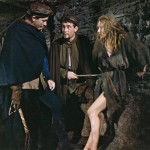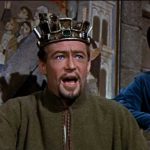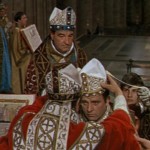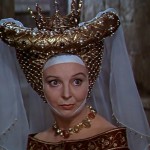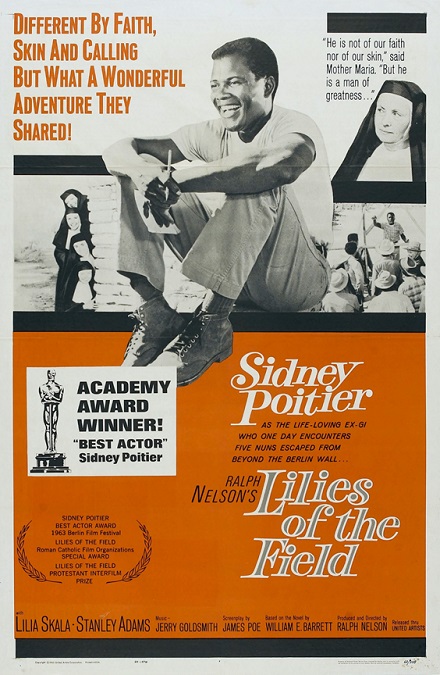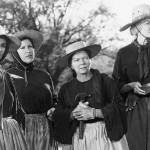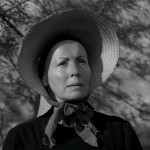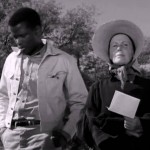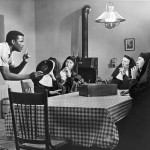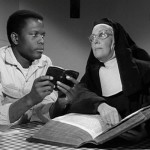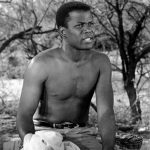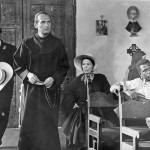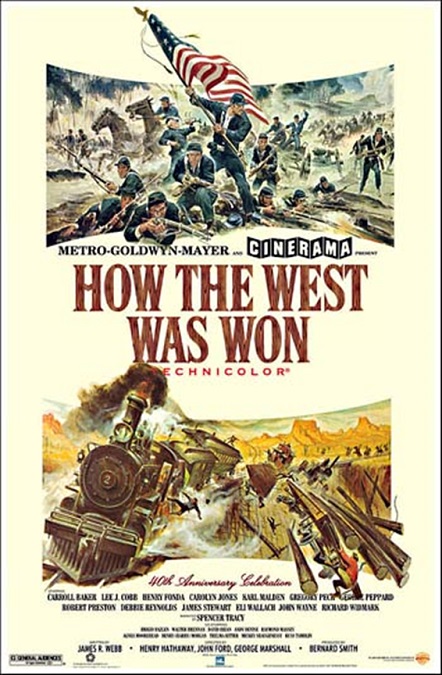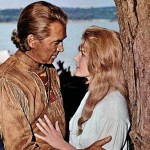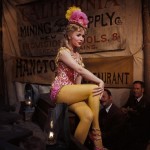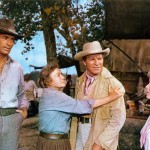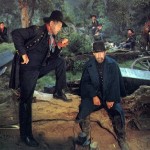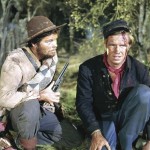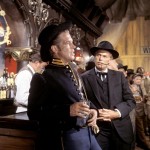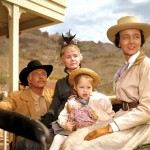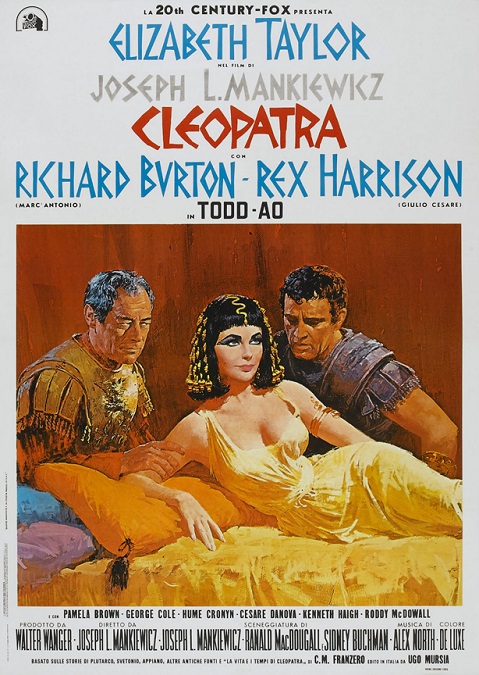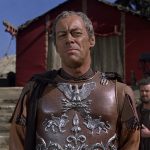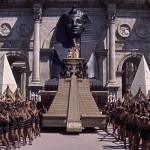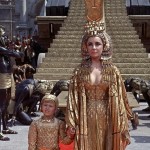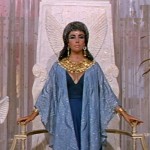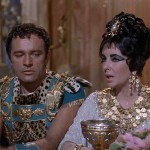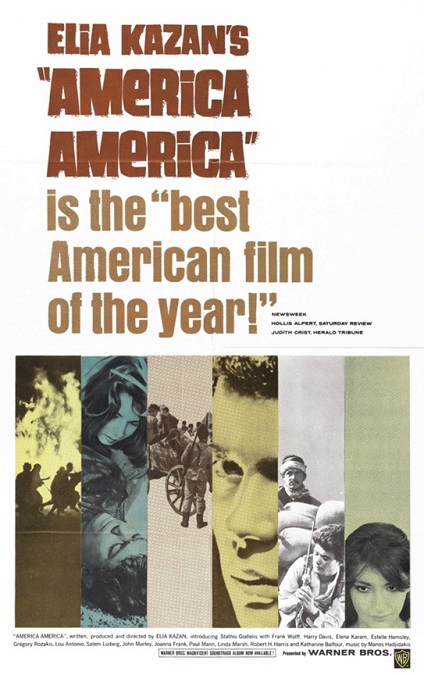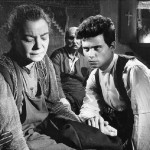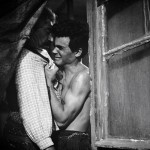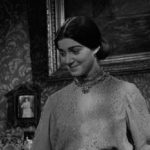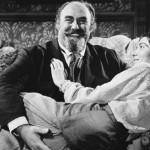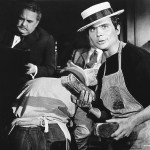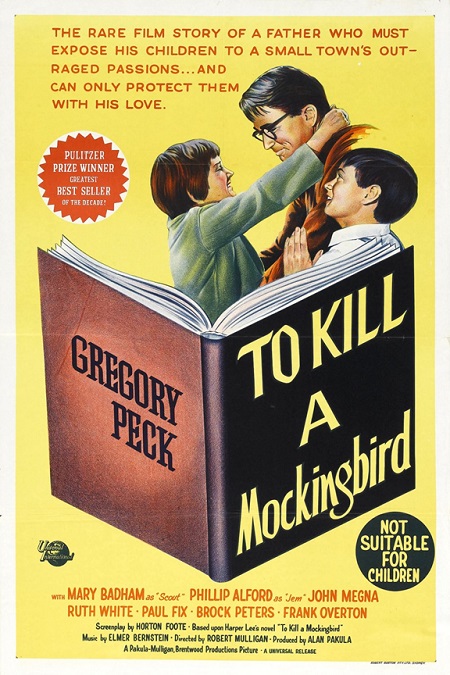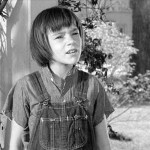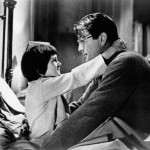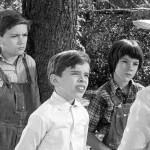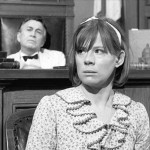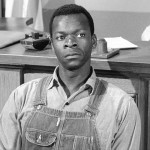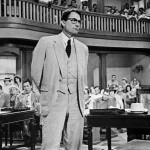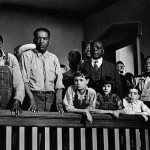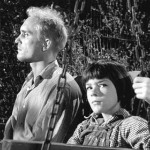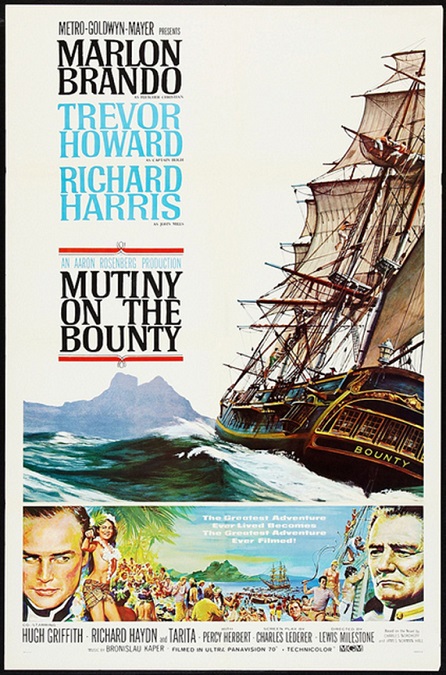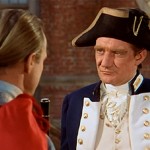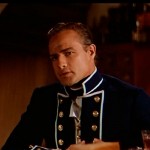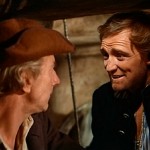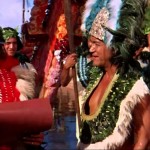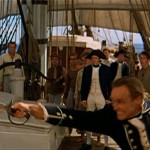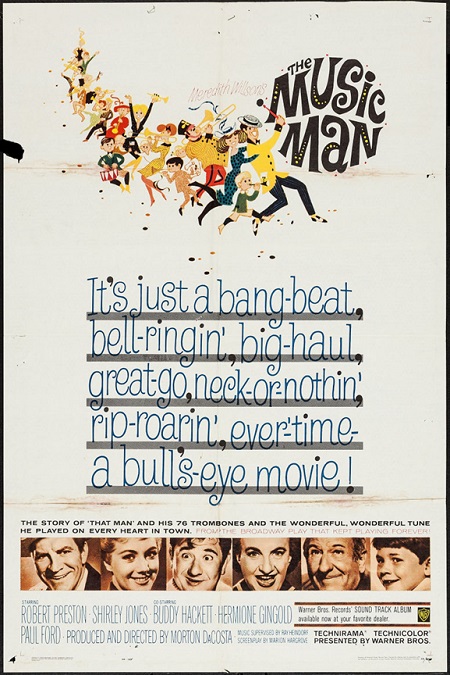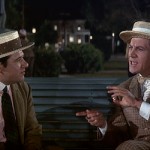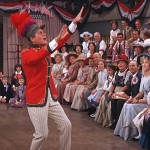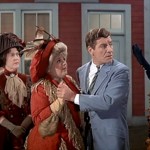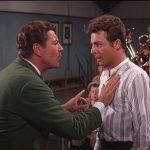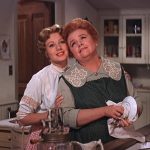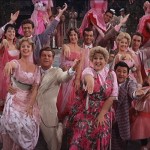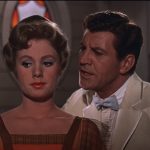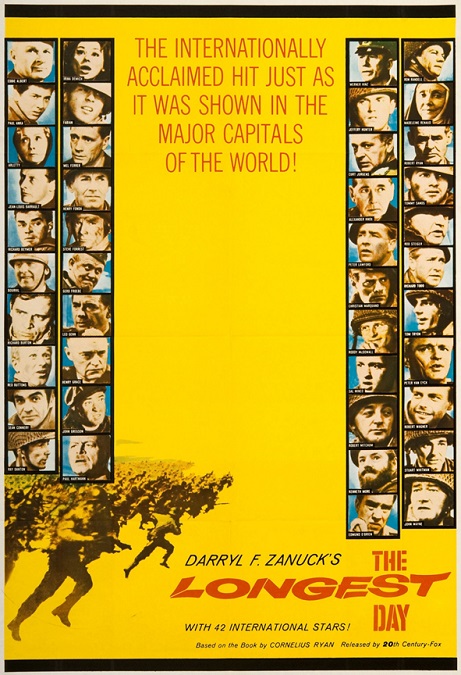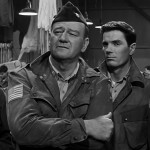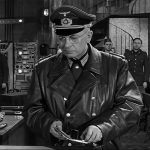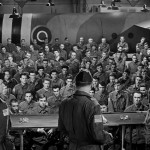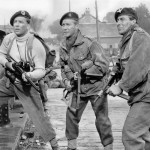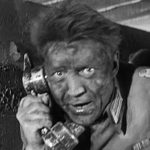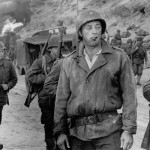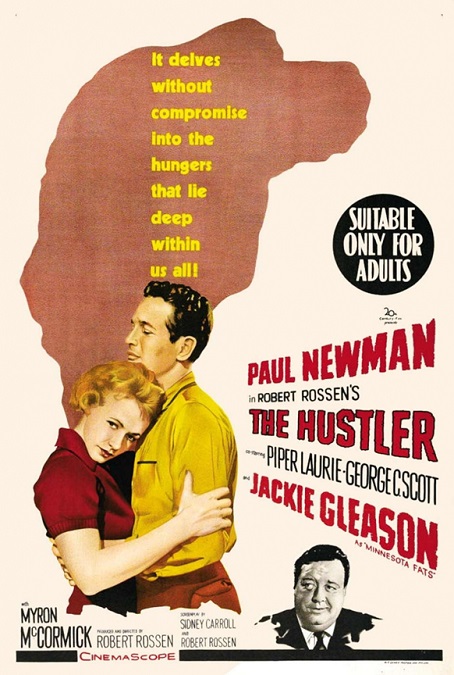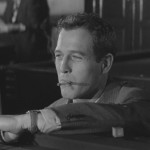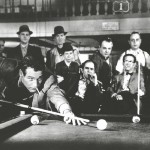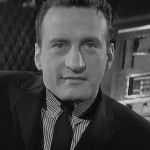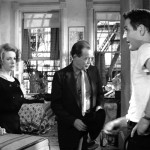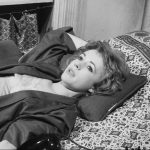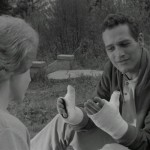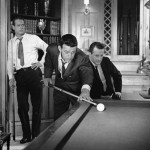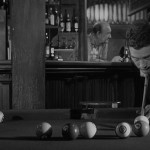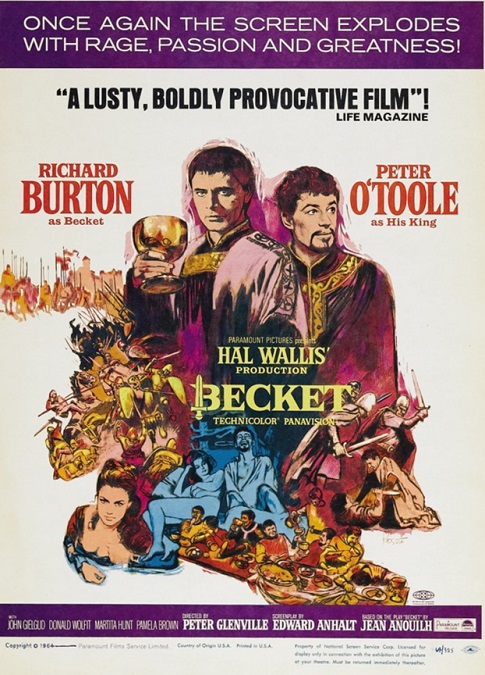
Becket – 1964
I remember seeing a stage production of Becket when I was in high school, and I recall enjoying it very much. I have, until today, not remembered very clearly what it was really about and why I liked it so much. That being said, I had high expectations for this movie. I’m very happy to report that I have not been disappointed. Becket is a wonderful story of King Henry II and his friend, Becket.
I’ll reiterate: The story is about King Henry II. Though the film’s title names the King’s friend, the main protagonist is the King. Peter O’Toole plays King Henry, a man who both starts and ends the drama of the plot. Henry is portrayed as a child, both mentally and emotionally. He is the monarch of all England, but wants to spend all his time drinking and whoring. His character arch and his motives are what ultimately drive the plot forward.
Thomas Becket, played by Richard Burton, starts out as his drinking buddy and wing man. The only problem with the arrangement is that Becket is a Saxon. He is only the King’s man-servant because Henry is a Norman whose ancestors conquered the Saxons. Yes, Becket is Henry’s friend, but only because Henry orders him to be so. Becket plays his part because he thinks it is the best way for him to survive, but he secretly loathes the King.
Nowhere is this more evident than when Henry insensitively steals Becket’s lovely girlfriend Gwendolen, played by Sian Phillips, driving her to commit suicide. Becket is only able to endure the King’s childish behavior by burying his conscience and ridding himself of all emotion. But the King, oblivious to Becket’s true feelings, goes out of his way to bestow power and position on his friend, even going so far as to make Becket the Archbishop of Canterbury. In fact, his professed love for Becket borders precariously on a homosexual love, and I wonder if that was intentional.
It has been a great and well-scripted story already, but here is where it gets interesting. When one of the King’s men murders a Catholic priest, Becket takes his role seriously and demands the man’s arrest. But an attack on a King’s man is an attack on the King, and King Henry has no intention of bowing to the Church. Once his greatest friend, Becket has now become the King’s greatest enemy. All this leads to a dramatic and bloody climax.
The scenes of drama were intense and the acting was superb. O’Toole and Burton both played their parts splendidly. I was quite impressed, thinking that the film was perfectly cast. The sets and props were spot-on, making the whole thing very believable. I was also impressed with the costumes, which, this being a period piece, could have so easily gone the bright and garish rout taken by other period films like The Adventures of Robin Hood and Ivanhoe. The colors were muted and natural.
And I would be remiss if I did not mention the music. The film’s score was excellent. Written by Laurence Rosenthall, the score was incredibly well-suited to the subject matter. It had a very modern sound that was based in a renaissance feel. It made full use of a large orchestra to intensify the drama, often using very dark, disturbing, and even ominous sounds. It was a great score that was beautifully written.
But before I finish this review, I have to make special mention of a few other actors who all played their parts wonderfully and added to the great realism of the film. Sir John Gielgud played King Louis VII of France who sheltered Becket in his exile. David Weston played Brother John, a monk who became Becket’s devout servant and friend within his position as Archbishop. Pamela Brown played Henry’s hated and hateful wife, Queen Eleanor.
And finally, I have to mention the film’s lack of historical accuracy, only to say that in this case, I’m alright with what they did. The author of the original play on which the film is based, Jean Anouilh, knew of what was inaccurate, but said that he was writing a drama, not a history. The biggest falsehood was that Thomas Becket was actually a Norman. But to leave that in would destroy most of the film’s character motivations and much of its drama.
